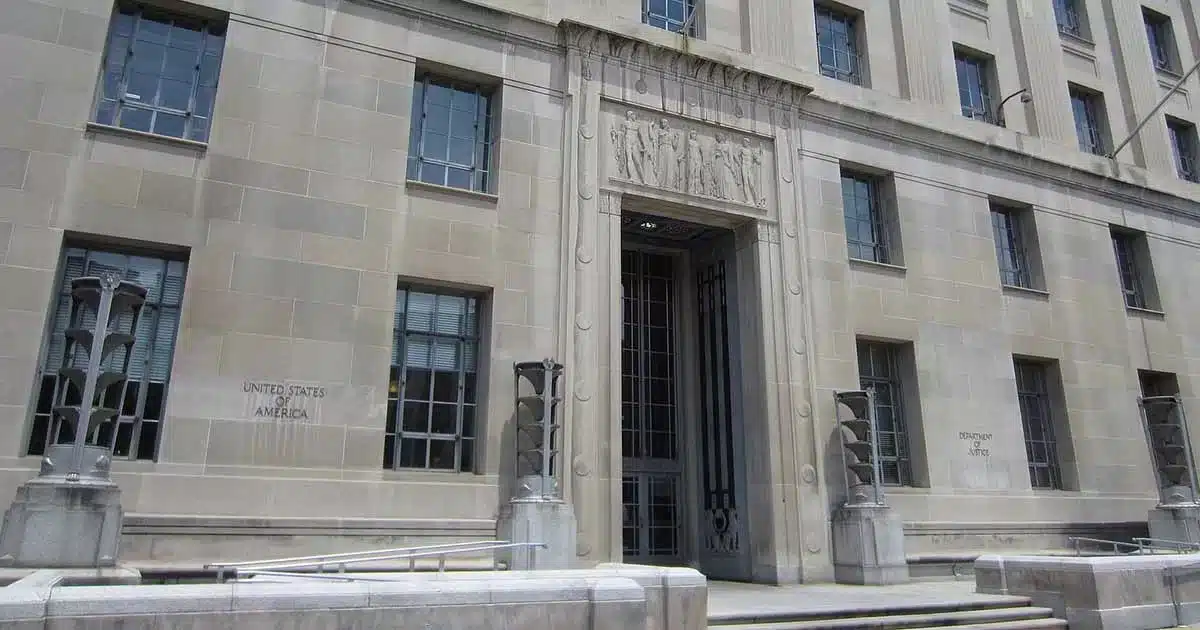Christine Varney, the new head of the Antitrust Division of the U.S. Department of Justice is reportedly poised to usher in new, tougher rules as it relates to antitrust cases, which could have an impact on the proposed $2.5 billion merger of Ticketmaster and Live Nation.
Varney plans to give speeches this week to policy and business groups that will outline some of the changes, most notably that some of the policies the division operated under during the President Bush era will no longer apply, according to The New York Times.
Effective immediately, the antitrust division will no longer use guidance from a September 2008 report called, “Competition and Monopoly: Single-Firm Conduct Under Section 2 of the Sherman Act,” because it “raised too many hurdles to government antitrust enforcement and favored extreme caution and the development of safe harbors for certain conduct,” according to Varney.
“Withdrawing the Section 2 report is a shift in philosophy and the clearest way to let everyone know that the Antitrust Division will be aggressively pursuing cases where monopolists try to use their dominance in the marketplace to stifle competition and harm consumers,” Varney said in a statement. “The Division will return to tried and true case law and Supreme Court precedent in enforcing the antitrust laws.”
The proposed merger between Ticketmaster Entertainment and Live Nation is perhaps the biggest current test for the antitrust division, and it has been closely scrutinized by not only Justice Department officials but also members of Congress, the ticketing industry and the public.
“The recent developments in the marketplace should make it clear that we can no longer rely upon the marketplace alone to ensure that competition and consumers will be protected,” Varney said in a statement.
In the end, what Varney’s statements will mean to the merger is unknown, but antitrust expert James Hurwitz of the American Antitrust Institute told TicketNews that the overriding news from Varney could be a good sign to opponent of the merger. “For those who don’t like the merger, they should take heart by this.”
The Section 2 policies primarily look at single companies and their actions in a marketplace, Hurwitz said, so in and of themselves, Ticketmaster’s or Live Nation’s dominant roles in ticketing and concert promotion are not necessarily monopolistic.
“It’s not unlawful to possess market power, but it’s the conduct of a company and whether they’re using that market power to extend or expand their dominance that’s in question,” Hurwitz said. He will be among the speakers at trade show and conference Ticket Summit Las Vegas, July 15-17, which is hosted by TicketNews parent company TicketNetwork.
“What Ms. Varney’s statements mean is that the antitrust division under her leadership will be much more enforcement-minded than during the Bush era,” Hurwitz said. “They will look at things with a more critical eye. I’m not saying that they will challenge to have the merger stopped, but the division would be more likely to challenge it, if that is their ultimate finding.”



